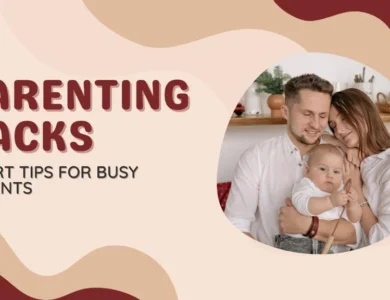The Fappening: Unveiling the 2014 Celebrity Photo

Table of Contents
Introduction
In August 2014, the internet was rocked by a massive leak of private photographs belonging to numerous celebrities, an event that quickly became known as “The Fappening.” This breach not only exposed the vulnerabilities of cloud storage systems but also ignited widespread discussions about privacy, consent, and the ethical implications of consuming such content.
The incident involved the unauthorized access and distribution of intimate images from the iCloud accounts of several high-profile figures, leading to legal actions, media scrutiny, and a reevaluation of digital security practices.
Understanding The Fappening
The term “The Fappening” is a portmanteau of “fap,” an internet slang term for masturbation, and “The Happening,” a 2008 film. It refers to a series of events starting on August 31, 2014, when nearly 500 private photos and videos of celebrities were posted online.
These images were primarily obtained through targeted phishing attacks on iCloud accounts, exploiting weaknesses in Apple’s security measures. The leaked content was initially shared on platforms like 4chan and Reddit before spreading across the internet, sparking outrage and concern over digital privacy.
The Scope of the Breach
Among the victims were well-known personalities such as Jennifer Lawrence, Kate Upton, Kirsten Dunst, and Victoria Justice. The breach not only compromised their personal images but also exposed sensitive information, including contact details and private communications. The widespread dissemination of these materials led to significant emotional distress for the affected individuals and raised questions about the accountability of tech companies in safeguarding user data.
The Role of iCloud and Security Flaws
Investigations revealed that the hackers exploited vulnerabilities in Apple’s iCloud service, particularly targeting the “Find My iPhone” feature. By using brute-force methods and phishing tactics, they were able to gain unauthorized access to user accounts. Apple responded by enhancing security protocols, including implementing two-factor authentication and other measures to prevent similar breaches in the future.
Legal and Ethical Implications
The aftermath of The Fappening saw several individuals charged and convicted for their roles in the breach. Ryan Collins, one of the perpetrators, was sentenced to 18 months in federal prison for hacking over 100 iCloud and Gmail accounts. Other individuals involved received varying sentences, highlighting the legal consequences of such cybercrimes. Ethically, the incident sparked debates about consent, the objectification of women, and the responsibilities of both tech companies and consumers in protecting digital privacy.
Media Response and Public Reaction
The media’s coverage of The Fappening was met with criticism for sensationalizing the victims’ distress and perpetuating a culture of voyeurism. While some outlets condemned the breach, others focused on the leaked content, raising concerns about the ethical responsibilities of journalists and the public’s role in consuming such material. Public reaction was polarized, with some expressing sympathy for the victims and others engaging in the distribution of the leaked content, further complicating the discourse surrounding privacy and consent.
Preventive Measures and Lessons Learned
In the wake of The Fappening, there has been a concerted effort to improve digital security practices. Users are now encouraged to adopt stronger passwords, enable two-factor authentication, and be vigilant against phishing attempts. Tech companies have also been urged to implement more robust security measures and to take a proactive stance in protecting user data. The incident serves as a stark reminder of the vulnerabilities inherent in digital platforms and the importance of safeguarding personal information.
Read More: Fashionisk.com: A Comprehensive Guide Personalized Fashion
Conclusion
The Fappening of 2014 stands as a significant event in the history of digital privacy breaches, illustrating the far-reaching consequences of cybercrimes and the complexities of navigating consent and ethics in the digital age. While it highlighted critical flaws in security systems, it also spurred important conversations about the need for greater accountability and respect for individual privacy online.
As technology continues to evolve, the lessons learned from this incident remain pertinent in shaping a more secure and ethical digital landscape.
FAQs
- What was The Fappening?
The Fappening was a 2014 incident where private, explicit photos of celebrities were leaked online after hackers gained unauthorized access to their iCloud accounts. - How did hackers access these photos?
Hackers exploited vulnerabilities in Apple’s iCloud service, particularly targeting the “Find My iPhone” feature, using phishing attacks and brute-force methods to obtain login credentials. - Who were some of the celebrities affected?
Notable victims included Jennifer Lawrence, Kate Upton, Kirsten Dunst, and Victoria Justice, among others. - What legal actions were taken?
Several individuals involved in the breach were charged and convicted. For instance, Ryan Collins received an 18-month federal prison sentence for hacking over 100 accounts. - What measures have been implemented to prevent such breaches?
In response to the incident, Apple enhanced security protocols, including implementing two-factor authentication, to better protect user data from unauthorized access.



